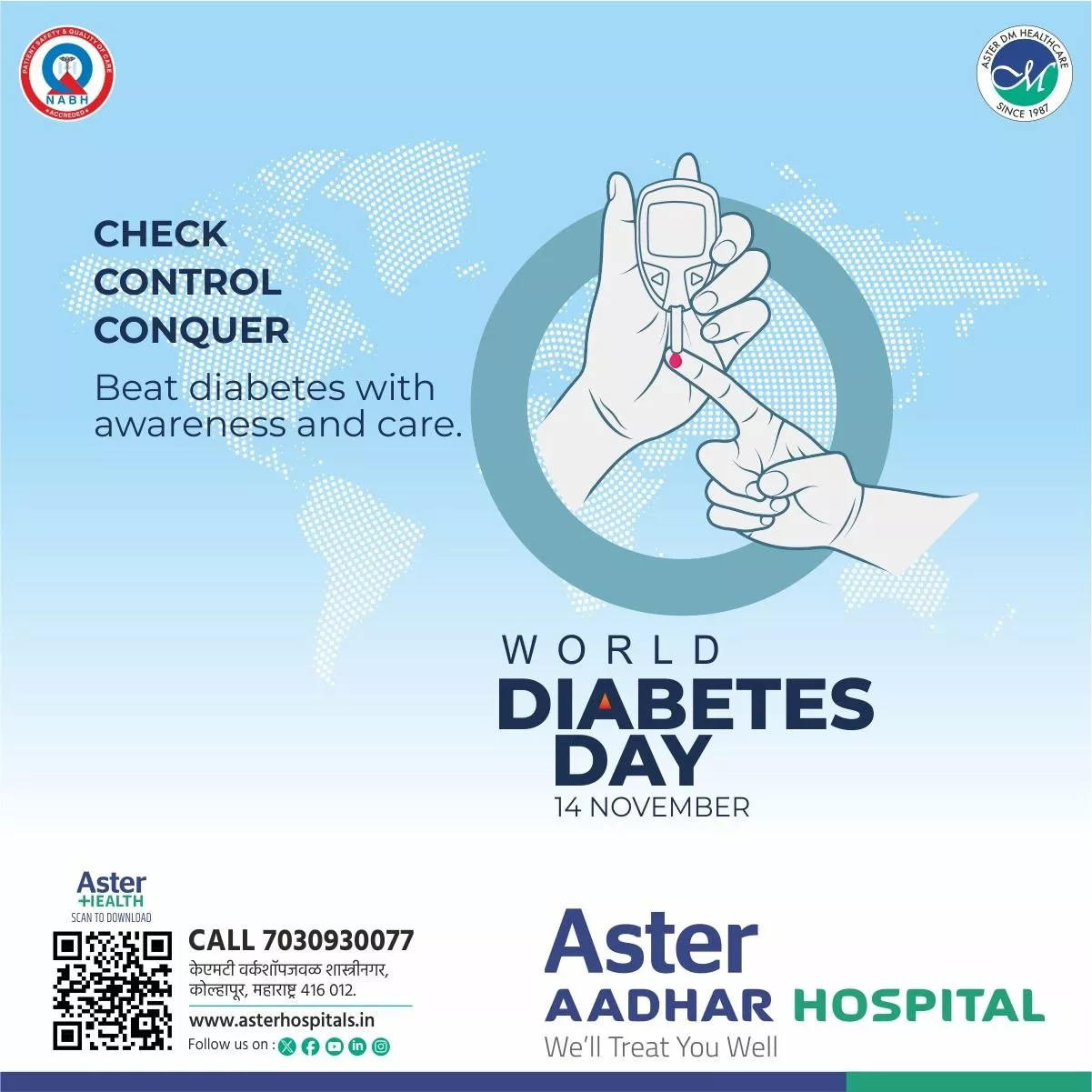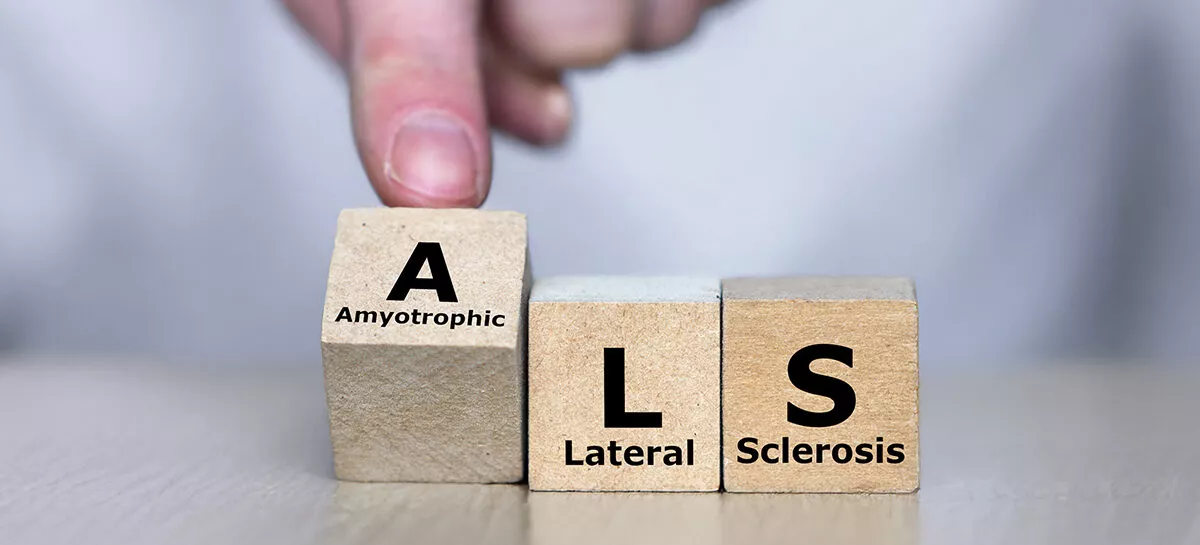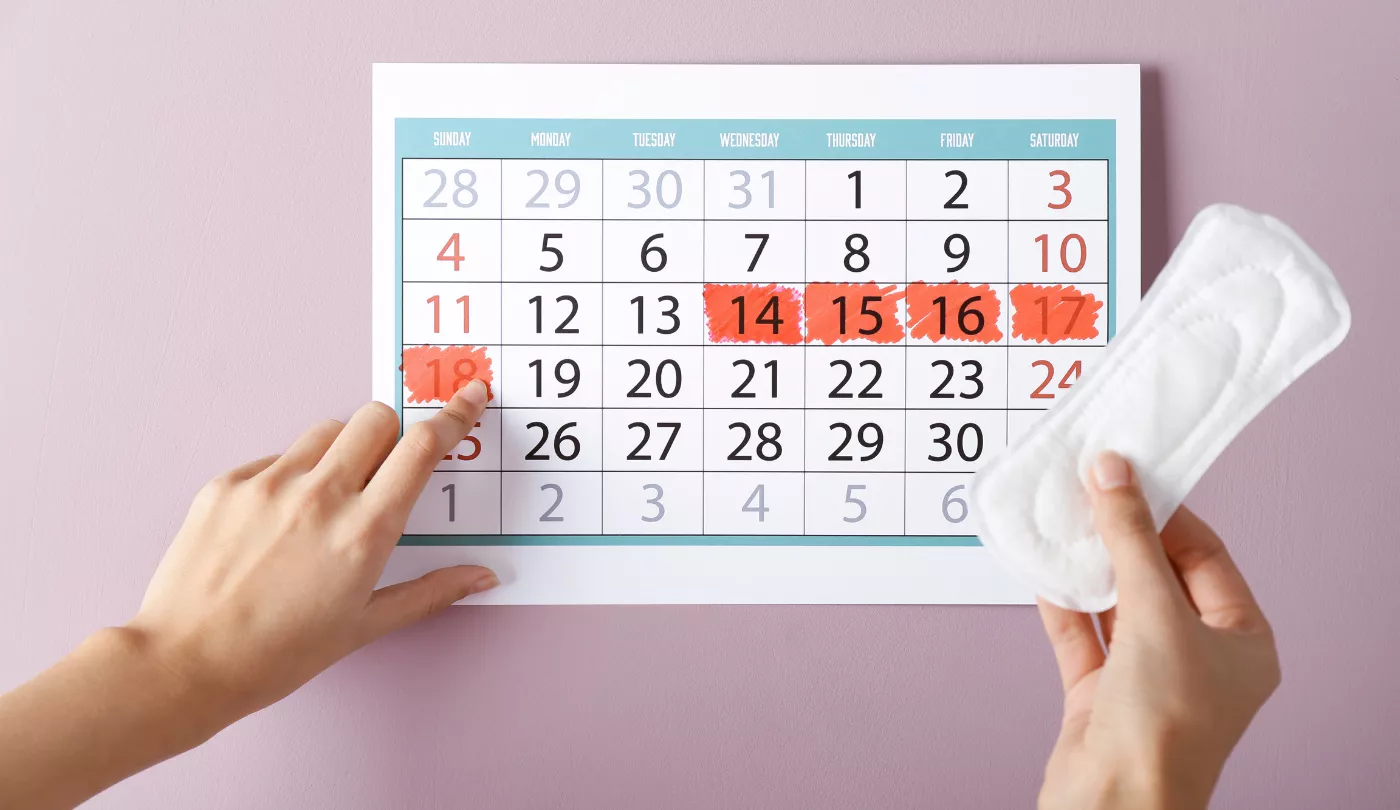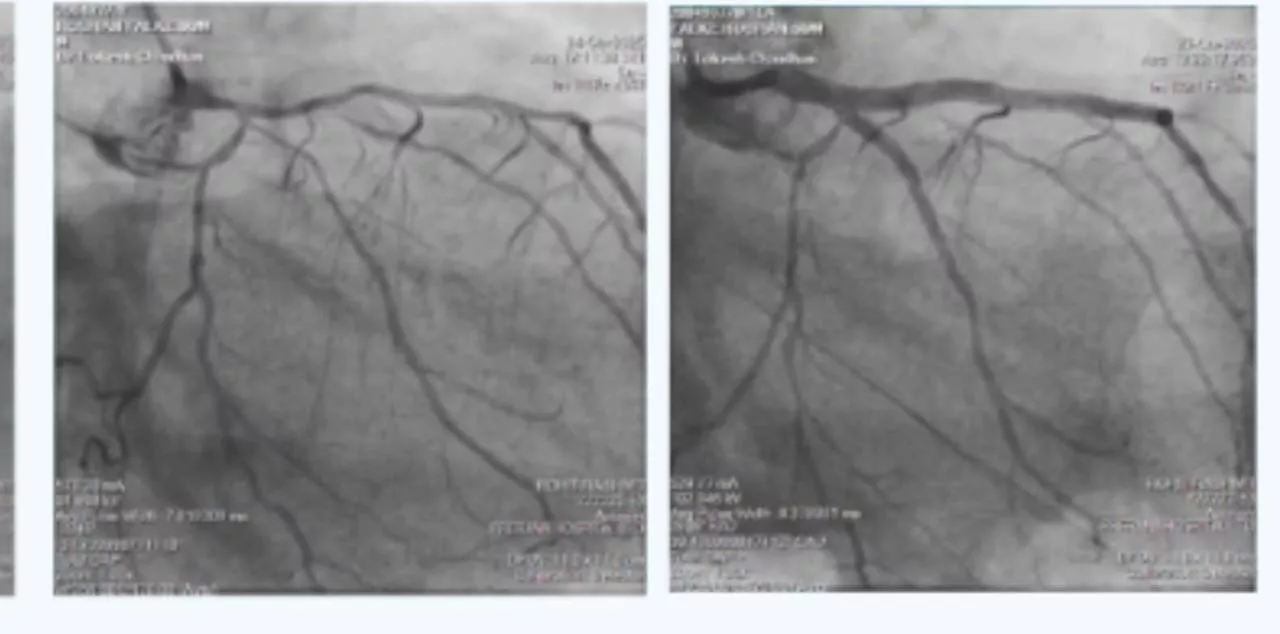Myths and Facts About Diabetes
Every year on November 14, the world observes World Diabetes Day to spread awareness about a condition that now affects more than 100 million Indians — the highest number of people with diabetes anywhere in the world.
Despite its prevalence, diabetes is still surrounded by myths and half-truths that create fear, stigma, and confusion. On this World Diabetes Day, let’s clear the air with some evidence-based facts.
1. Myth: Diabetes can be reversed.
Fact: Diabetes cannot be reversed. However, Type 2 diabetes can go into remission with weight loss, calorie restriction, and lifestyle improvements. It may return if weight is regained or lifestyle habits are disrupted.
2. Myth: Only overweight or obese people get diabetes.
Fact: Even thin people can develop diabetes, especially in India, where many people have high body fat around internal organs (visceral fat) despite a normal weight. Family history and lifestyle also play a significant role.
3. Myth: People with diabetes cannot eat fruits.
Fact: Fruits are healthy! Whole fruits like guava, apple, papaya, and orange can be eaten in moderate portions. It’s best to avoid fruit juices and very sweet fruits in excess.
4. Myth: Insulin is needed only in the last stage of diabetes.
Fact: Insulin is not just a last resort. It may be required in Type 2 diabetes during acute stress situations such as infections or acute kidney injury. Timely use of insulin can help prevent complications.
5. Myth: Once you start insulin, you can never stop it.
Fact: Some people with Type 2 diabetes may need insulin temporarily (e.g., during illness or stress). Once the acute illness resolves, antidiabetic pills can be resumed. Insulin does not cause addiction.
6. Myth: Diabetes can be cured completely with herbal or natural remedies.
Fact: No herbal or natural product can cure diabetes. While some may offer slight benefits, they cannot replace lifestyle improvements and medications. Always consult your doctor before trying them.
7. Myth: People with diabetes should eat special “diabetic foods.”
Fact: Most “diabetic foods” are costly and unnecessary. A balanced Indian diet with controlled portions, less oil, and fewer refined carbs is usually enough.
8. Myth: If you take medicines, you can eat whatever you want.
Fact: Medicines work in conjunction with diet and exercise, not as substitutes for them. Uncontrolled eating can raise blood sugar levels, even if you're taking tablets or insulin.
9. Myth: Children can’t get diabetes.
Fact: Children can have Type 1 diabetes, which requires insulin from day one. Some teenagers may also develop Type 2 diabetes due to obesity and inactivity.
10. Myth: Diabetics should completely avoid carbohydrates.
Fact: Carbohydrates are the body’s main energy source. It's important to choose healthy carbs like whole grains, millets, fruits, and vegetables, instead of refined options like white rice, maida, or sweets.
11. Myth: Type 1 diabetes can be managed with pills and lifestyle changes.
Fact: Type 1 diabetes requires insulin injections for survival. Tablets do not work because the body has stopped producing insulin completely.
12. Myth: Jaggery has fewer calories and is safer than white sugar for diabetics.
Fact: Jaggery and sugar both raise blood sugar levels equally since both are simple carbohydrates.
13. Myth: I don’t have any symptoms, so I don’t need diabetes treatment.
Fact: High blood sugar often causes no symptoms until it has already caused organ damage. Regular treatment and monitoring can help prevent silent complications.
14. Myth: Insulin or antidiabetic pills cause kidney damage.
Fact: These medications help protect your kidneys by controlling blood sugar. It is uncontrolled diabetes — not the medications — that can damage the kidneys over time.
15. Myth: All antidiabetic pills can cause hypoglycemia.
Fact: Not all antidiabetic medicines cause low blood sugar. However, some, like Glimepiride, Gliclazide, Repaglinide, and insulin, can lead to hypoglycemia if there’s a mismatch between diet and medication.






